
Overview
Agriculture has long been the backbone of Uganda’s economy, and the agro-processing industry plays a pivotal role in driving economic growth, job creation, and export earnings. Agro-processing is a key component of Uganda’s manufacturing sector accounting for almost 70% of total manufacturing output while manufacturing itself has accounted for approximately 8% of GDP over the last decade (Uganda Bureau of Statistics). However, many Micro, Small, and Medium Enterprises (MSMEs) in this sector face significant challenges in meeting quality standards, accessing markets, and adopting best practices.
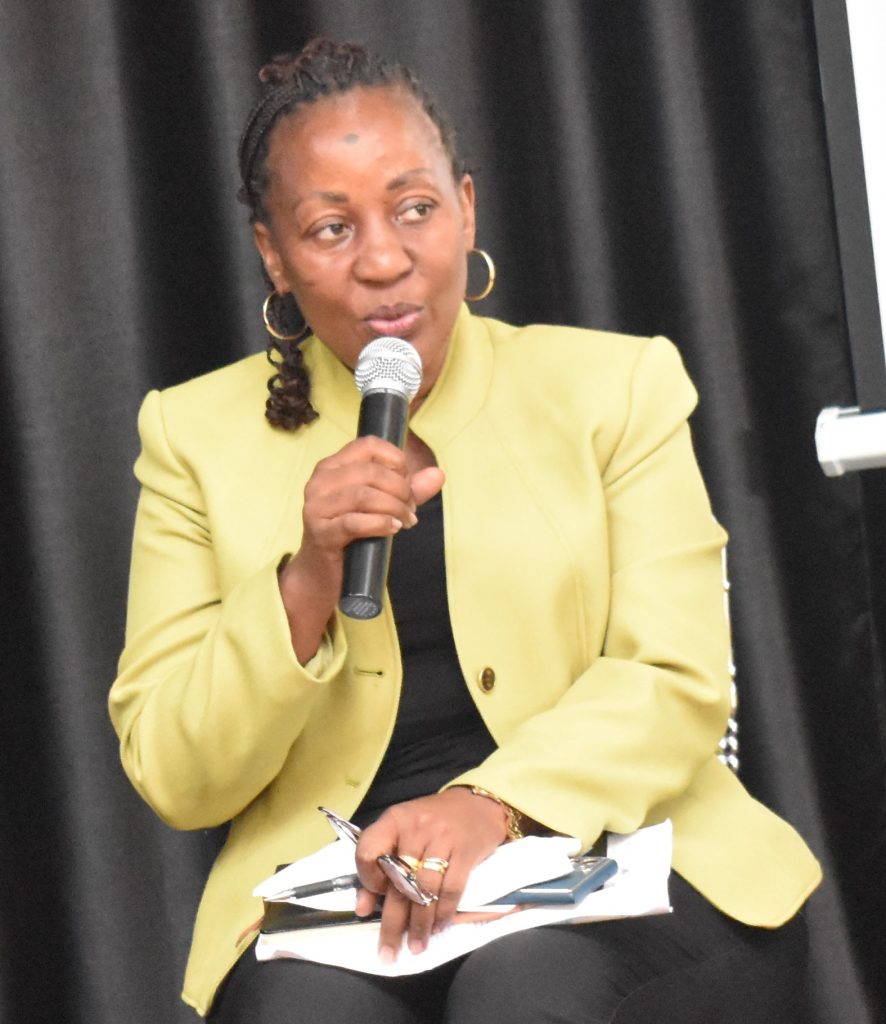
Makerere University’s contribution to the development of the sector
To contribute towards the improvement of the sector in Uganda, the School of Food Technology, Nutrition and Bio-engineering (SFTNB) at the College of Agricultural and Environmental Sciences (CAES), Makerere University, through a project titled; “Empowerment of the Agro-Processing Industry to meet the Quantity and Quality for Local and Export Market (EAPI Phase II)” has embarked on a transformative journey to empower agro-processors through practical skills training, mentorship, and support.
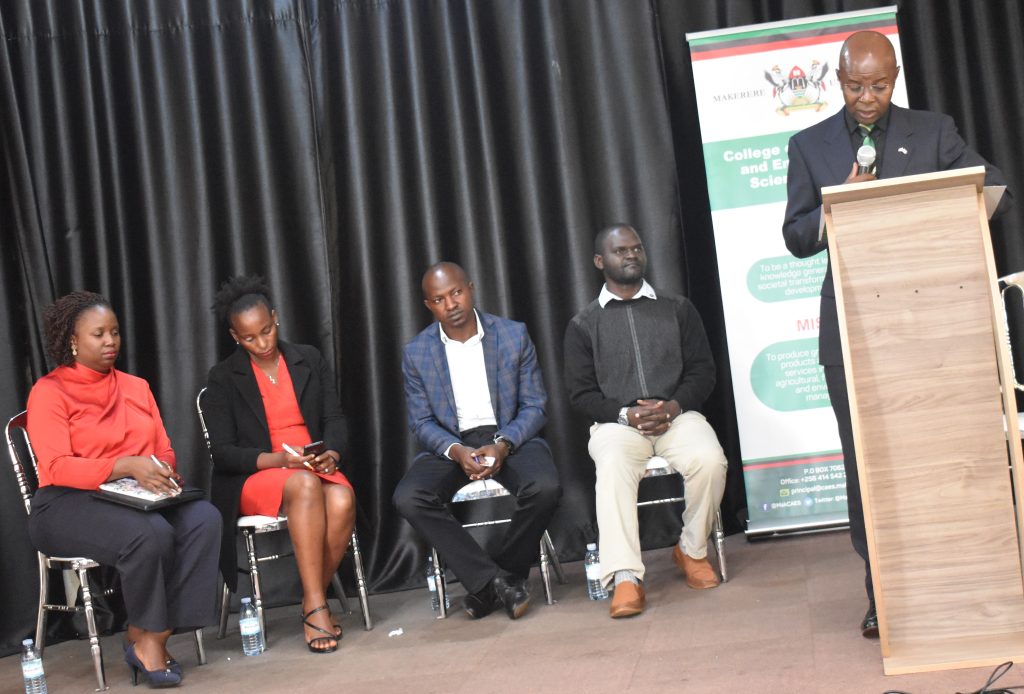
EAPI is a multi-year project conceptualized under the guiding principles of Makerere University Strategic Plan, which emphasizes research excellence, community engagement, and innovation. It is funded by the Government of Uganda through Makerere University Research and Innovations Fund (Mak-RIF). According to the project PI, Dr Julia Kigozi, achieving the country’s industrialization agenda requires interventions to enhance the capacity of agro-processors to compete in the domestic, regional and international markets. The project which is now in its second phase uses the modified Triple Helix Partnership model; The Agro-processing Pro-model in which Academia-Industry-Government interact jointly to serve the needs of the Micro, Small and Medium Scale Enterprises (MSMEs) and is coordinated by a team comprising of Academic staff at Makerere University and industry leaders from UNBS and UEPB.
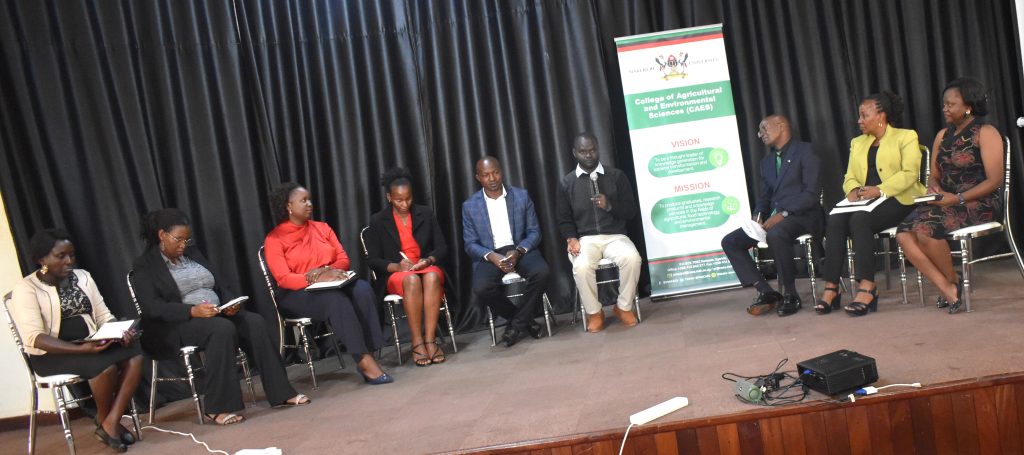
The direct beneficiaries of the project are agro-processors and Makerere University students in the School of Food Technology, Nutrition and Bio- engineering. In July 2023, the project graduated 35 students from the School, and in February 2024, Makerere University-SFTNB in partnership with UNBS, UEPB and Uganda Revenue Authority trained 22 Agro-processors to enable them develop and improve agro-manufacturing processes leading to products that meet quality standards and where possible expand their business operations to local and export markets. The processors were mainly manufacturers of juices, dairy products, spices, and pastries with facilities located in Kampala/Greater Kampala area and Wakiso, Jinja, Mpigi, Mityana, Kabaale, Gulu, and Nwoya Districts.
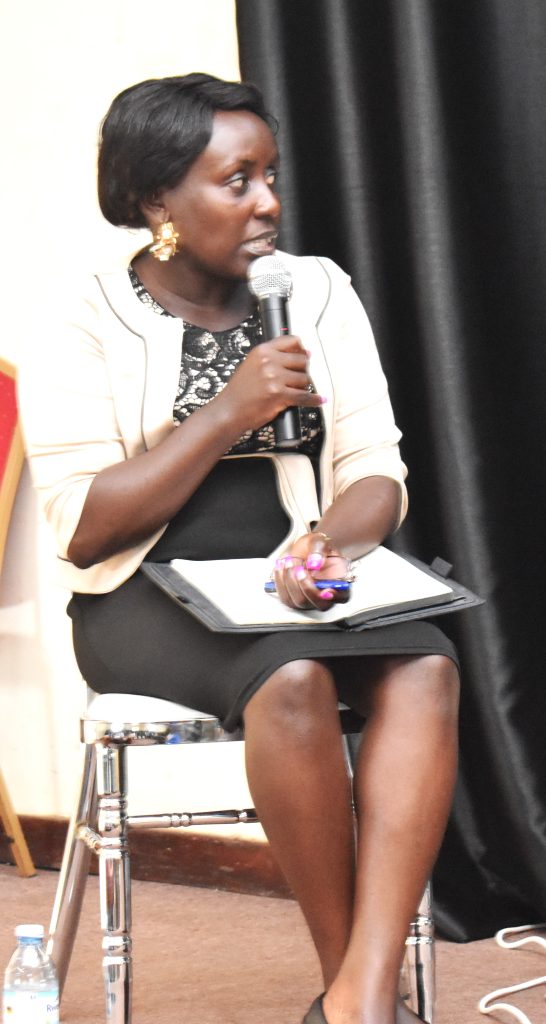
Project dissemination workshop
On 9th April 2024, the School of Food Technology, Nutrition and Bio-engineering held a workshop to disseminate the project outputs and to share insights, best practices and success stories from the trained processors and students. The event held at Makerere University featured a panel discussion involving agro-processors as well as representatives from line departments who shared experiences and the challenges affecting the sector. Key amongst the challenges highlighted was the bureaucratic process of acquiring certification and the heavy taxes imposed on the processors.
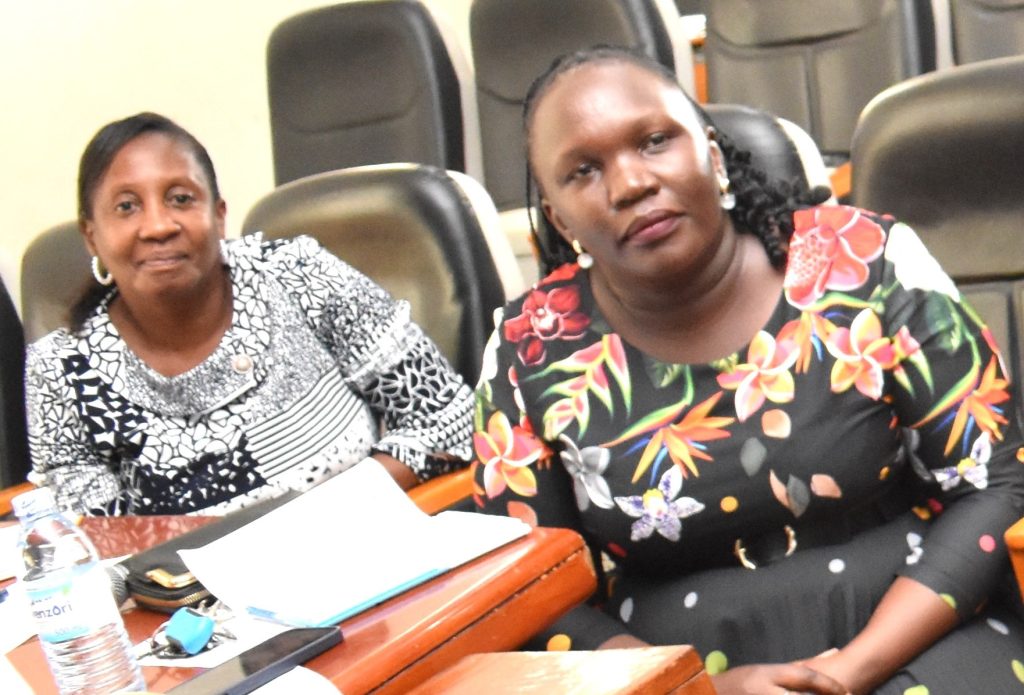
Message from the Vice Chancellor
In his message delivered by Prof. Edward Bbaale, Director, Research and Graduate Training at Makerere University, the Vice Chancellor, Prof. Barnabas Nawangwe commended the project team for the achievements registered. “This project epitomizes the spirit of innovation, collaboration, and excellence that defines Makerere University. It has demonstrated the power of collaboration, innovation, and community engagement in driving positive change and fostering inclusive growth. Moving forward, let us continue to harness our collective strengths and expertise to address the evolving challenges in the agro-processing sector.” The Vice Chancellor further noted that the project had exemplified the University’s commitment to student-centered learning and practical skills development. “By actively involving undergraduate students from the School of Food Technology, Nutrition, and Bio-engineering in mentorship activities, we not only enhanced their academic experience but also provided them with valuable real-world insights and opportunities for professional growth.” He appreciated the Government of Uganda for the enormous support towards research at Makerere University.
Addressing participants, the Principal of CAES, Prof. Gorettie Nabanoga applauded the project team for the initiative, noting that the College was intentional on co-creating processes that would support the growth of the agricultural sector. “As a College, we have a role to contribute to the National Development Agenda. Much as we have done research, there is little knowledge transfer. Our goal is to link all departments to industry and to re-orient students to change their mind-set through a learner-centred approach geared towards solving specific challenges. We commit to continue providing the necessary knowledge to take agro-processors to the next level, and to engage the private sector to co-create solutions for challenges undermining development in our country.”
